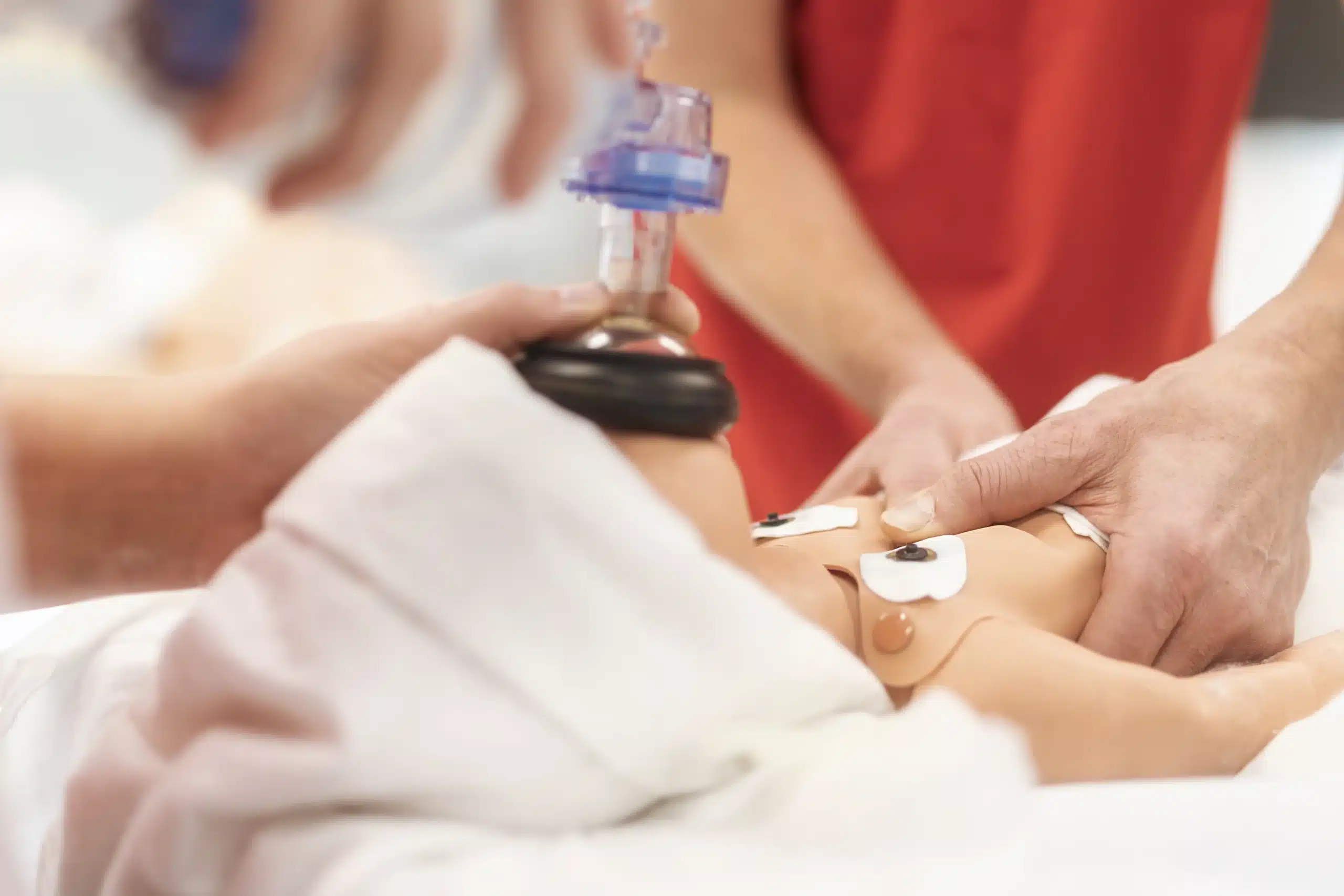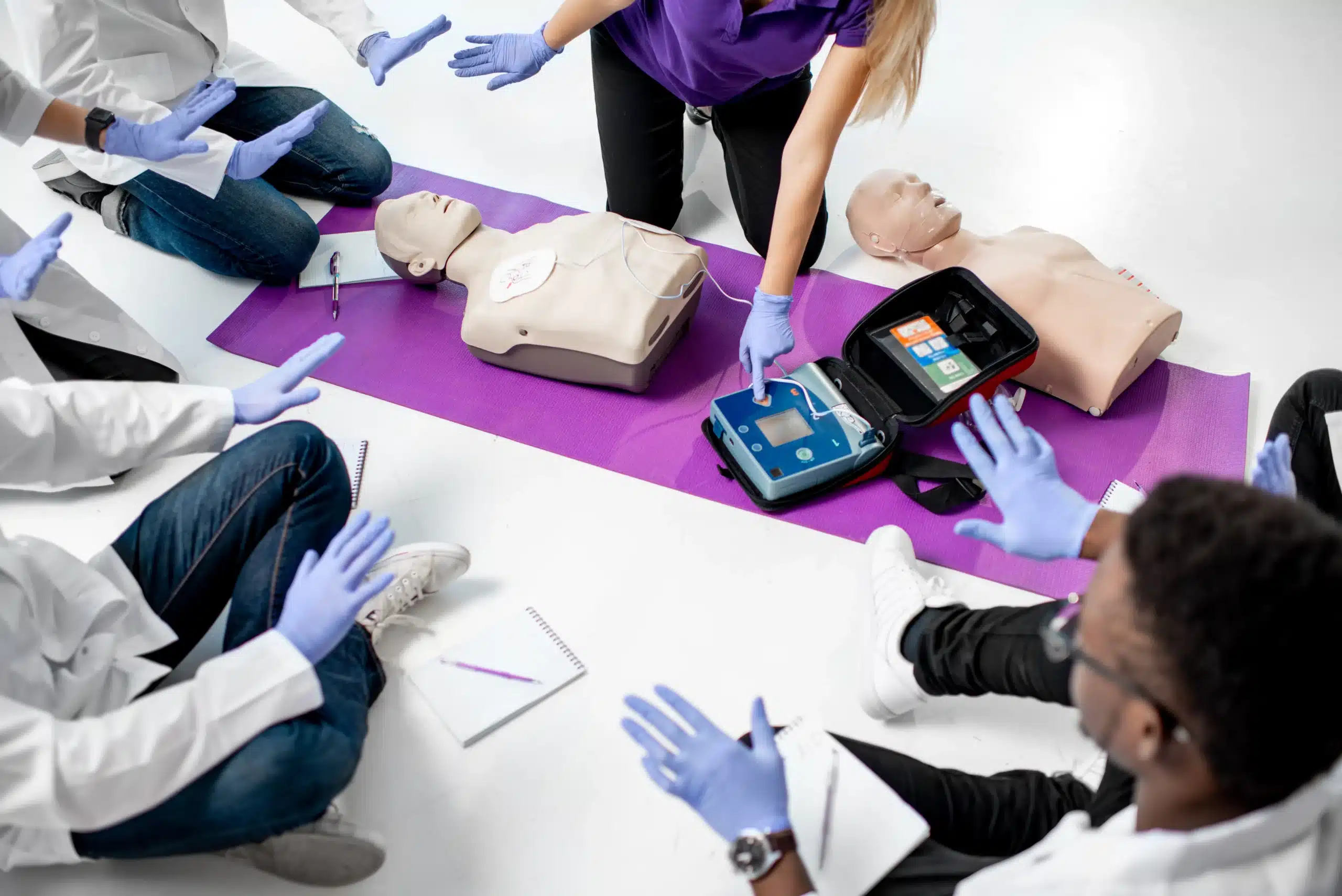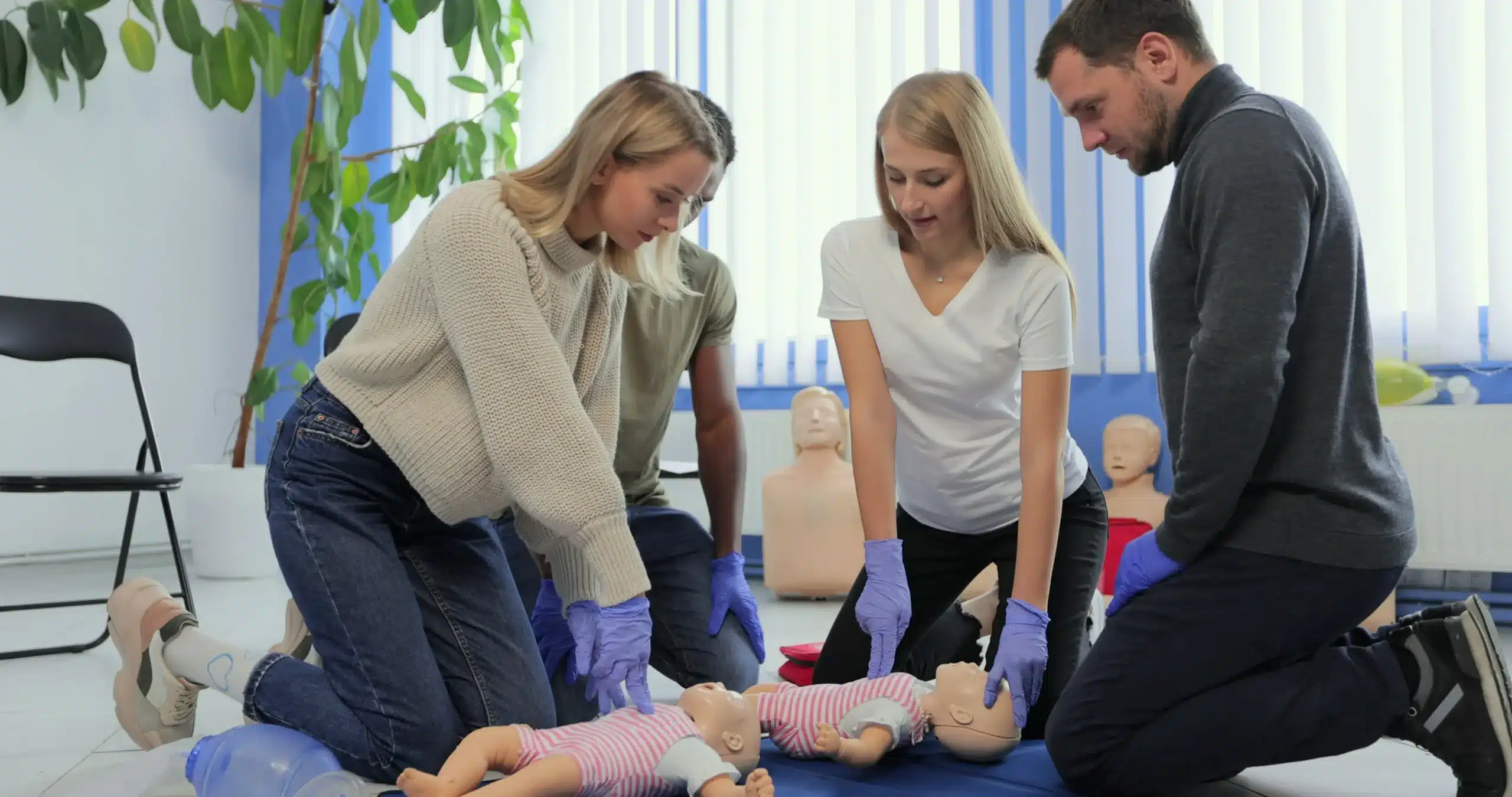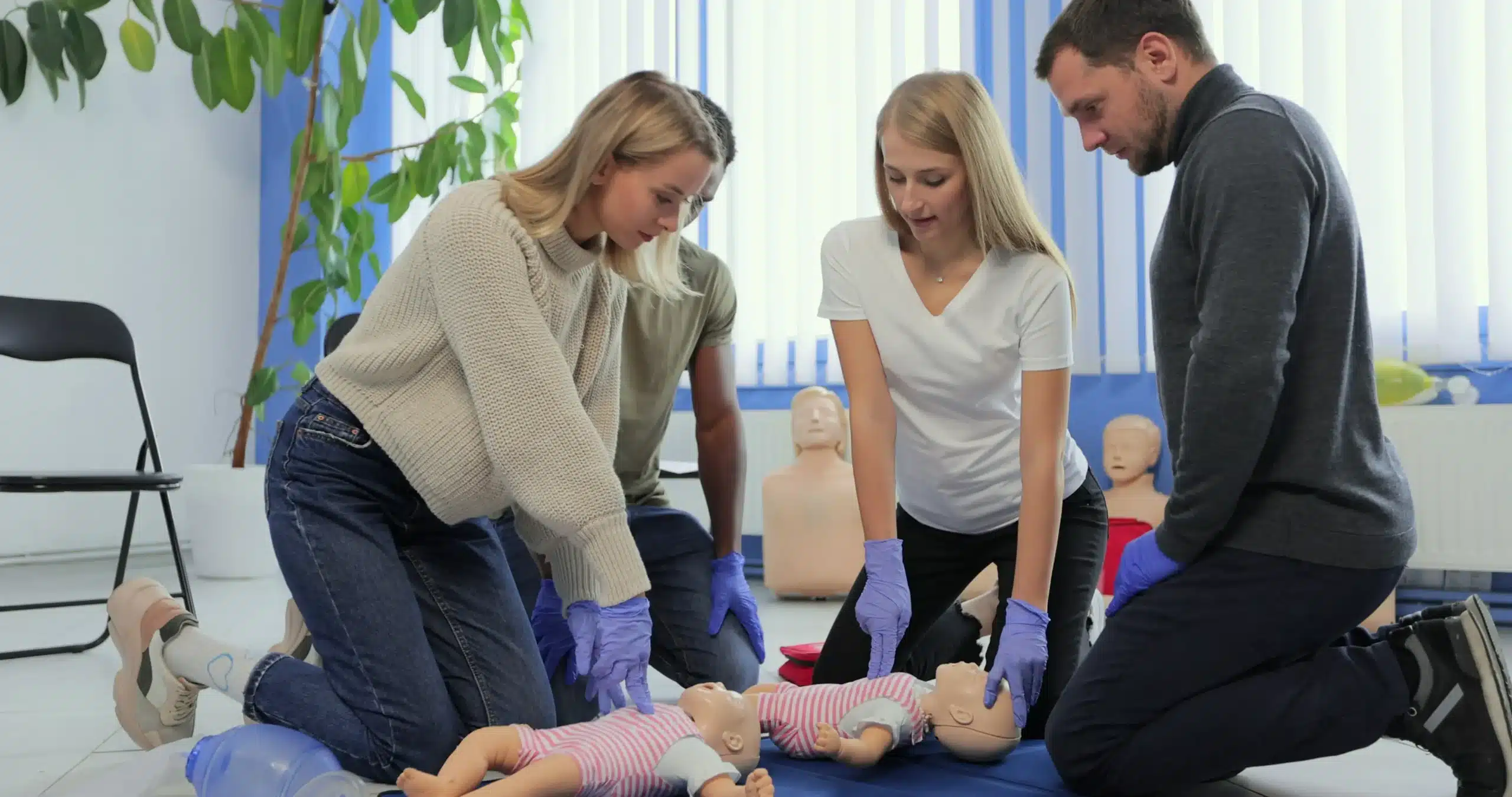Are you looking to pursue a career in medicine and wondering which Oakland-area schools can set you up for success? Oakland, CA, offers proximity to several outstanding medical schools that are highly regarded for their programs, faculty, and state-of-the-art facilities. This blog provides a comprehensive guide to the top medical schools near Oakland, helping you make informed decisions about your medical education.
Why Choose Oakland for Medical Education?
Located in the East Bay region of the San Francisco Bay Area, Oakland is at the crossroads of academic excellence and diverse culture. Choosing to study in or near Oakland provides several advantages:
- Proximity to Healthcare Institutions: Oakland boasts a robust healthcare infrastructure, including hospitals like Highland Hospital and UCSF Benioff Children’s Hospital Oakland, offering numerous clinical opportunities for students.
- Networking Opportunities: Being near the biotech and tech hubs of the Bay Area opens doors to collaborations and internships.
- Cultural Diversity: Oakland reflects rich cultural diversity, preparing future physicians to serve diverse patient populations effectively.
- Convenient Links to Nearby Cities: The city’s public transportation systems, like BART (Bay Area Rapid Transit), make it easy to commute to neighboring areas for academic and career purposes.
Top Medical Schools Near Oakland
While Oakland does not host a medical school within the city limits, there are several top-tier medical institutions within a manageable distance. Below, we list the top 10 medical schools near Oakland, highlighting their programs, admission requirements, and key features.
Stanford University School of Medicine (Palo Alto, CA – ~35 miles)
Stanford is a pioneering institution known for cutting-edge research, innovation, and outstanding medical training. Its faculty includes Nobel laureates, and the school provides state-of-the-art facilities for clinical and research training.
Programs Offered: MD, Ph.D., dual MD/PhD
Admission Criteria: High GPA and MCAT scores, demonstrated research experience, and a strong commitment to medicine.
Website: med.stanford.edu
UCSF School of Medicine (San Francisco, CA – ~15 miles)
UCSF is one of the top-ranked medical schools in the U.S., renowned for its focus on patient care and biomedical research. Its mission aligns with serving underrepresented communities.
Programs Offered: MD, MS, Ph.D., joint programs like MD/MPH and MD/MBA
Admission Criteria: Exceptional academic performance and extensive healthcare-related experience.
Website: medschool.ucsf.edu
UC Davis School of Medicine (Sacramento, CA – ~70 miles)
UC Davis uniquely emphasizes rural and underserved population healthcare, making it an excellent choice for aspiring physicians passionate about public health.
Programs Offered: MD, MSTP (MD/Ph.D.), advocacy programs
Admission Criteria: A diverse application with a focus on leadership, community service, and academic rigor.
Website: health.ucdavis.edu
Touro University College of Osteopathic Medicine (Vallejo, CA – ~25 miles)
Touro University offers a DO-focused curriculum that trains physicians with a holistic approach. The campus in Vallejo is also easily accessible from Oakland.
Programs Offered: DO (Doctor of Osteopathic Medicine), dual DO/MPH
Admission Criteria: Holistic application review, including GPA, MCAT, and demonstration of interest in osteopathic medicine.
Website: tu.edu
Samuel Merritt University (Oakland, CA)
Although Samuel Merritt does not offer an MD program, its strong focus on healthcare education makes it a critical stepping stone for pre-meds.
Programs Offered: Nursing, Health Science degrees; potential feeder programs for medical schools.
Admission Criteria: Varies per program; typically requires healthcare experience.
Website: samuelmerritt.edu
California Northstate University College of Medicine (Elk Grove, CA – ~80 miles)
California Northstate’s curriculum integrates clinical skills early on, emphasizing patient-centered care.
Programs Offered: MD
Admission Criteria: High GPA and MCAT scores, dedication to serving diverse communities.
Website: medicine.cnsu.edu
UC Berkeley-UCSF Joint Medical Program (Berkeley, CA – ~8 miles)
Programs Offered: MS/MD
Admission Criteria: Exceptional academic record, commitment to healthcare innovation.
Website: publichealth.berkeley.edu
This unique program combines advanced research with medical education, offering a collaborative experience between two world-class institutions.
Kaiser Permanente Bernard J. Tyson School of Medicine (Pasadena, CA – ~7 hours by car)
Programs Offered: MD programs with generous scholarships.
Admission Criteria: Strong academics, leadership skills, and a commitment to equity in healthcare.
Website: medschool.kp.org
Kaiser Permanente’s new medical school focuses heavily on equity and patient-centered care, backed by one of the nation’s largest healthcare systems.
University of the Pacific (UOP) – Arthur A. Dugoni School of Dentistry (San Francisco, CA – ~15 miles)
Programs Offered: Dental-related programs but includes pre-med resources.
Admission Criteria: Varies; requires healthcare interest and strong academic background.
Website: pacific.edu/dental
While primarily a dentistry institution, UOP offers cutting-edge training methodologies applicable to other healthcare sectors.
Claremont Graduate University (Joint Program, Claremont, CA – ~6 hours by car)
Programs Offered: Joint MD and graduate degrees in health sciences
Admission Criteria: Collaborative mindset, proven academic aptitude, and research interest.
Website: cgu.edu
Claremont’s flexibility for interdisciplinary programs attracts students wanting to merge healthcare with a broader range of leadership careers.
Factors to Consider When Choosing a Medical School
Choosing the right medical school is a deeply personal decision. Here are the key factors you should consider during this process:
- Location: Proximity to your home or community and access to healthcare facilities.
- Specializations Offered: Check if the school aligns with your intended medical specialty.
- Curriculum Approach: Consider schools offering problem-based learning (PBL) versus traditional lectures.
- Cost of Attendance: Compare tuition fees, scholarships, and financial aid packages across institutions.
- Clinical Opportunities: Evaluate the availability and variety of partnerships with local hospitals and clinics.
Preparing for Medical School Admission
Success in medical school admission takes strategic planning. Here’s how to ensure your application stands out:
- Achieve Academic Excellence: Maintain a competitive GPA and aim for high MCAT scores.
- Gain Clinical Experience: Volunteer or work in healthcare settings to show commitment.
- Demonstrate Leadership: Lead student organizations or community health initiatives.
- Secure Strong Letters of Recommendation: Cultivate relationships with professors and supervisors.
- Write a Compelling Personal Statement: Share a unique story that demonstrates your motivation and fit for a career in medicine.
- Prepare for the Interview: Showcase confidence and a clear understanding of your goals during interviews.
Pave Your Path to Medicine
Oakland’s unique position in the Bay Area gives aspiring medical professionals access to some of the leading medical schools in the country. Whether it’s Stanford’s innovation-driven education or UCSF’s patient-focused programs, an excellent medical education is just a short commute away from Oakland.
Don’t leave your future to chance. Start preparing for your dream medical career today. Explore programs, connect with advisors, and craft an application that sets you apart.
Enhance Your Medical Education with Safety Training Seminars
In addition to an exceptional academic journey, having essential life-saving skills is invaluable for medical students. Safety Training Seminars in Oakland offers American Heart Association courses that equip aspiring medical professionals with critical skills such as CPR and First Aid, Basic Life Support (BLS), Advanced Cardiovascular Life Support (ACLS), and Pediatric Advanced Life Support (PALS). These courses not only enhance your medical resume but also prepare you to respond effectively in emergencies. By integrating such training into your educational path, you ensure that you are well-rounded, capable, and ready to make a positive impact in clinical settings from day one.








